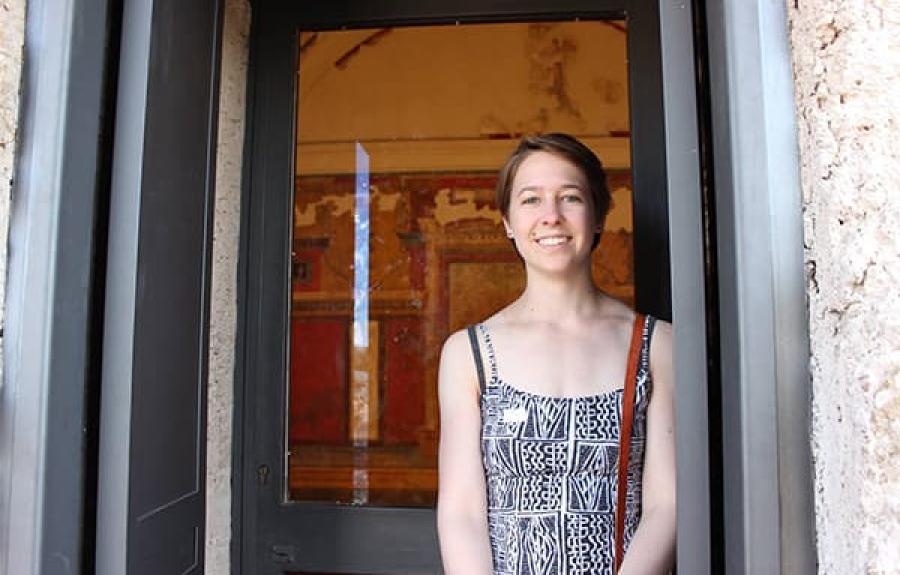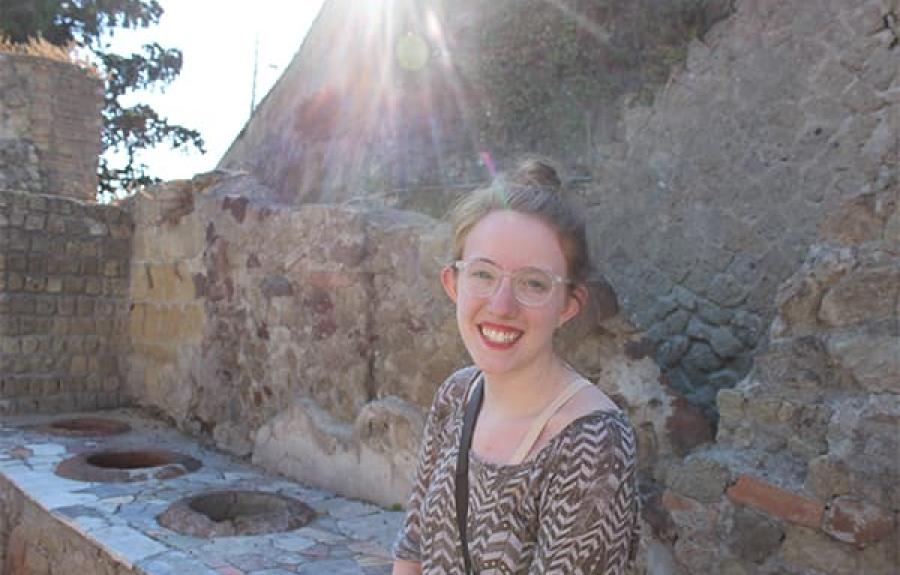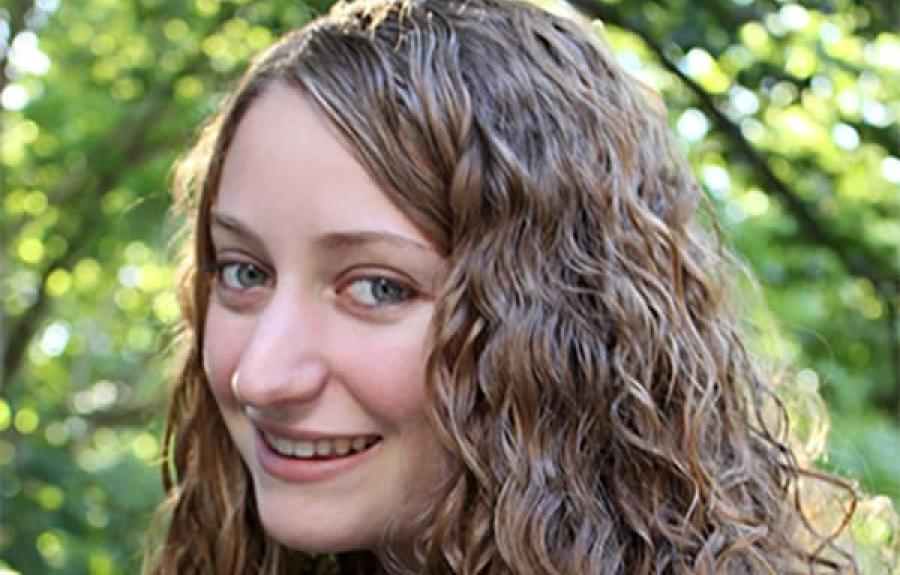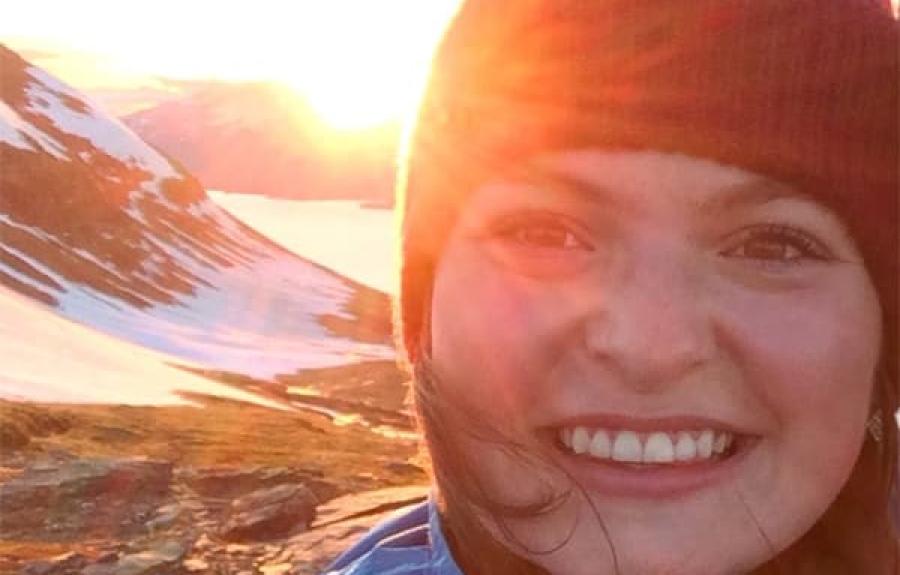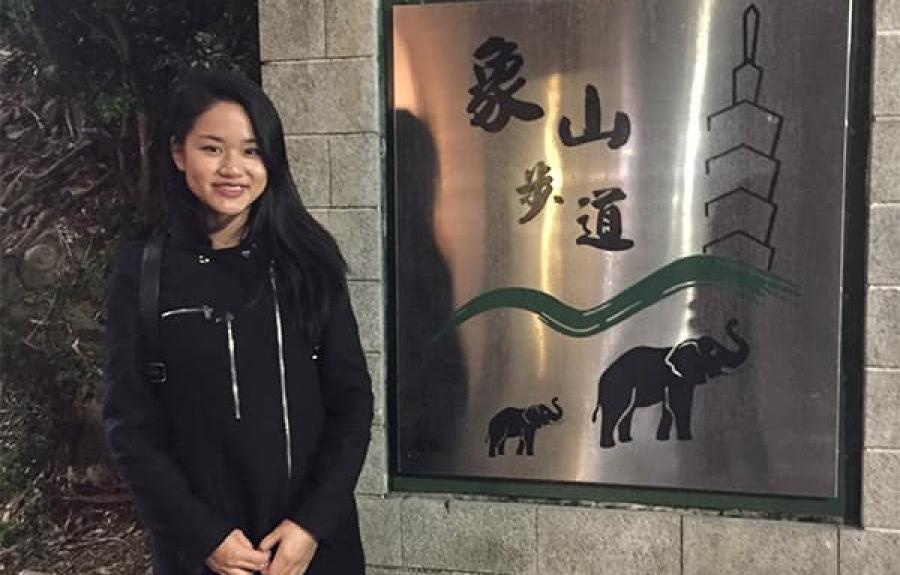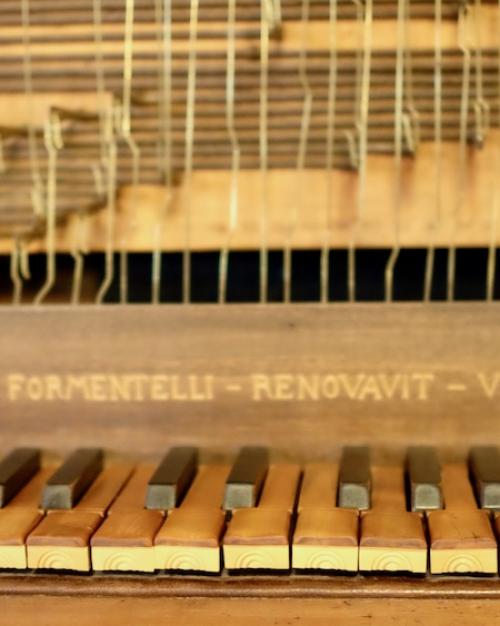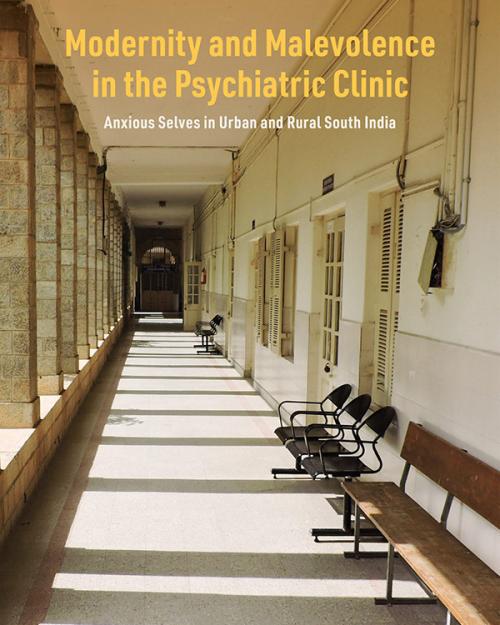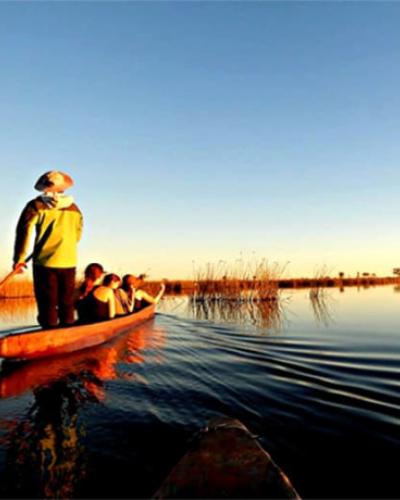The Department of is pleased to announce the 2016-17 recipients of the Freedman Awards for Undergraduate Research in and our first Engaged Learning in Scholarships.
Mikaela Hamilton, Samantha Stern, Annika Tomson, and Eugenia Xiao received Freedman Awards, funded by an endowment established by Randy ‘75 and Howard ‘74, MBA ‘75 Freedman. The Freedman Awards support undergraduate students in undertaking anthropological research.
Mikaela Hamilton and Angaelica LaPasta were awarded Engaged Learning in Scholarships, which were recently established by an anonymous donor. The Engaged Learning in Scholarships support students who seek training in anthropological techniques or who would like to participate in anthropologically-oriented engaged learning opportunities.
Adam T. Smith, Chair of the Department noted “The Freedman and Engaged Learning awards are testaments to ’s transformative potential. They are investments by our generous alumni in a new generation, an opportunity for them to come to understand what it means to live and thrive in diverse communities in a truly global world. Congratulations to these superb students and good luck with your work.” Additional details about each of our recipients are below.
Mikaela Hamilton received both the Freedman Award and an Engaged Learning in Scholarship in support of her field school trip for the KAMBE project.
Hamilton will be part of the ongoing Kalavasos and Maroni Built Environments research project, or KAMBE, for four weeks in June in southern Cyprus. KAMBE focuses on urban settlements from the Bronze Age to the early Iron Age, with the main focus on the Late Bronze Age to Archaic (1650-500 BC). Hamilton will study the site at Maroni through survey and excavation to understand how such settlements developed from their initial stages into urban centers, a progression which allowed Cyprus to become a considerable factor in greater Mediterranean LBA social, economic, and political systems.
Hamilton is a sophomore archaeology and classics double major. She plans to continue focusing her studies on classical archaeology while possibly delving into archaeological science. "This research project and field school will therefore be an invaluable component to my time at Cornell, as this project is especially rich in its opportunities to explore different avenues falling under the umbrella of archaeological science. Overall, I believe that this project will afford me the opportunities necessary to continue developing my archaeological proficiency," said Hamilton.
Angaelica LaPasta was awarded an Engaged Learning in Scholarship in support of her travel to Athens to attend a program called "Athens: Coexistence of Memory and Modernity," organized by the International Institute for Restoration and Preservation Studies in Athens, Greece. It is a twelve-day exploration of history, art, and conservation through lectures and site visits. The course explores the history of Athens and Greece at large through the lens of historical preservation.
"Last summer I worked on an archaeological dig in northern Italy. During my time on the dig and visiting sites throughout Italy I was astounded by the critical preservation work needed. From the treatment of the large amount of material that is uncovered even on small digs like mine to the massive restoration efforts needed on hugely important sites, I was frustrated and intrigued by the clash between efforts to modernize, dig, and preserve. My research will bring perspective and depth to my classes at Cornell by giving me both a real world connection to Athens and Greece and also by adding a working knowledge of historical preservation to my toolkit," said LaPasta.
Samantha Stern received a Freedman Award for her project entitled "Discussing Identity Ambivalence through Dress; the Orthodox College Woman's Experience."
Samantha's thesis analyzes the significance of dress in identity formation and development among 24 Orthodox Jewish female college students through semi-structured interviews, participant observation research, and auto-ethnographic experience at two universities in upstate New York. The funding provided by the Freedman Award will enable Stern to travel to Binghamton to conduct interviews and engage in participant observation research, increasing the scope and quality of her research.
"This experience aids me in developing interview skills for ethnographic research, and will teach me a great deal about research and writing in an academic setting," said Stern. Samantha's work engages anthropological theory as a contextual foundation for the contemporary use of clothing and dress codes in Orthodox women’s lives. Stern hopes that her research allows for a better understanding of the intrinsic motivations of Orthodox dress, and how/why this dress changes. "Ultimately, this award is transformative in that it allows me to expand my knowledge of fashion studies and move in the direction of interdisciplinary study of fashion and anthropology at Cornell," said Stern.
Denise Green, Assistant Professor of Fiber Science and Apparel Design, said Stern will "make an important contribution to scholarship about Orthodox communities, which has otherwise examined women's experience in more permanent communities, as opposed to the transitional experience of temporary Orthodox communities in college settings."
Annika Tomson received a Freedman Award for her project entitled "Effective Coalition Building in New York State."
Annika will use the funds for her honors thesis research on the environmental coalition New York RENEWS, which has penned one of the most progressive climate bills in the country, and lobbies for its passage in the New York State government. "Although the coalition is less than two years old it has been tremendously successful," said Tomson. She believes that this is due to the diversity of the coalition; its member organizations range from environmental conservation groups to affordable housing advocates to the internationally recognized company Patagonia. Tomson would like to learn how such different organizations can work together effectively to achieve a common goal. She plans to use the funds to travel around the state to visit and observe the various member organizations.
"I am incredibly excited to receive the Freedman Award. I believe that this research and my thesis will be the perfect capstone for my time at Cornell," said Tomson. "I hope to not only challenge myself as a student, but to produce meaningful insight into the inter-workings of a productive coalition that will not only help NY RENEWS succeed in the future but other coalitions as well," said Tomson. Tomson hopes her research will "draw attention to a successful coalition in a time when a successful model is direly needed." She plans to pursue a career in environmental and/or human rights law.
Eugenia Xiao received a Freedman Award to conduct an ethnographic study for her proposed undergraduate honors thesis entitled "Lotus Doctors: Sacred and Secular Practices in a Tzu Chi Hospital."
Eugenia is an Major on a Pre-Health Track, conducting ethnographic research in Taiwan over her junior and senior years. Xiao is interested in understanding secular and religious practices in Buddhist Hospitals run by Tzu Chi International Medical Association (TIMA). TIMA is the medical branch of Tzu Chi, or “Compassion Relief,” a grassroots movement and international humanitarian organization with the mission of relieving suffering of those in need. Xiao will use the Freedman Award to travel to Taiwan where she will conduct interviews with TIMA doctors and conduct studies at free clinics in rural areas. Xiao aims to shed light on how a contemporary Buddhist organization plays an active role in medical practice. She plans to write her honors thesis during her senior year.

